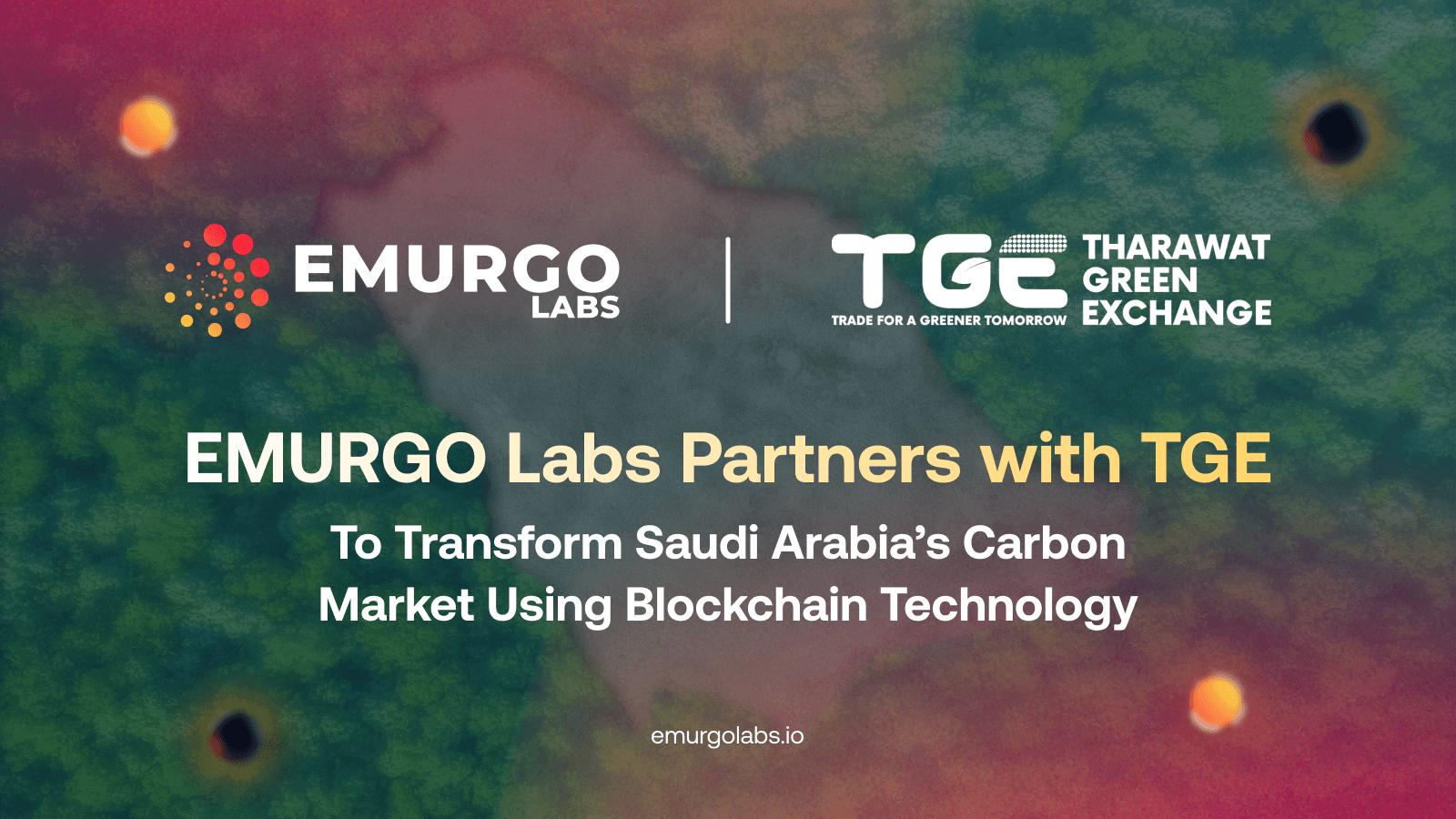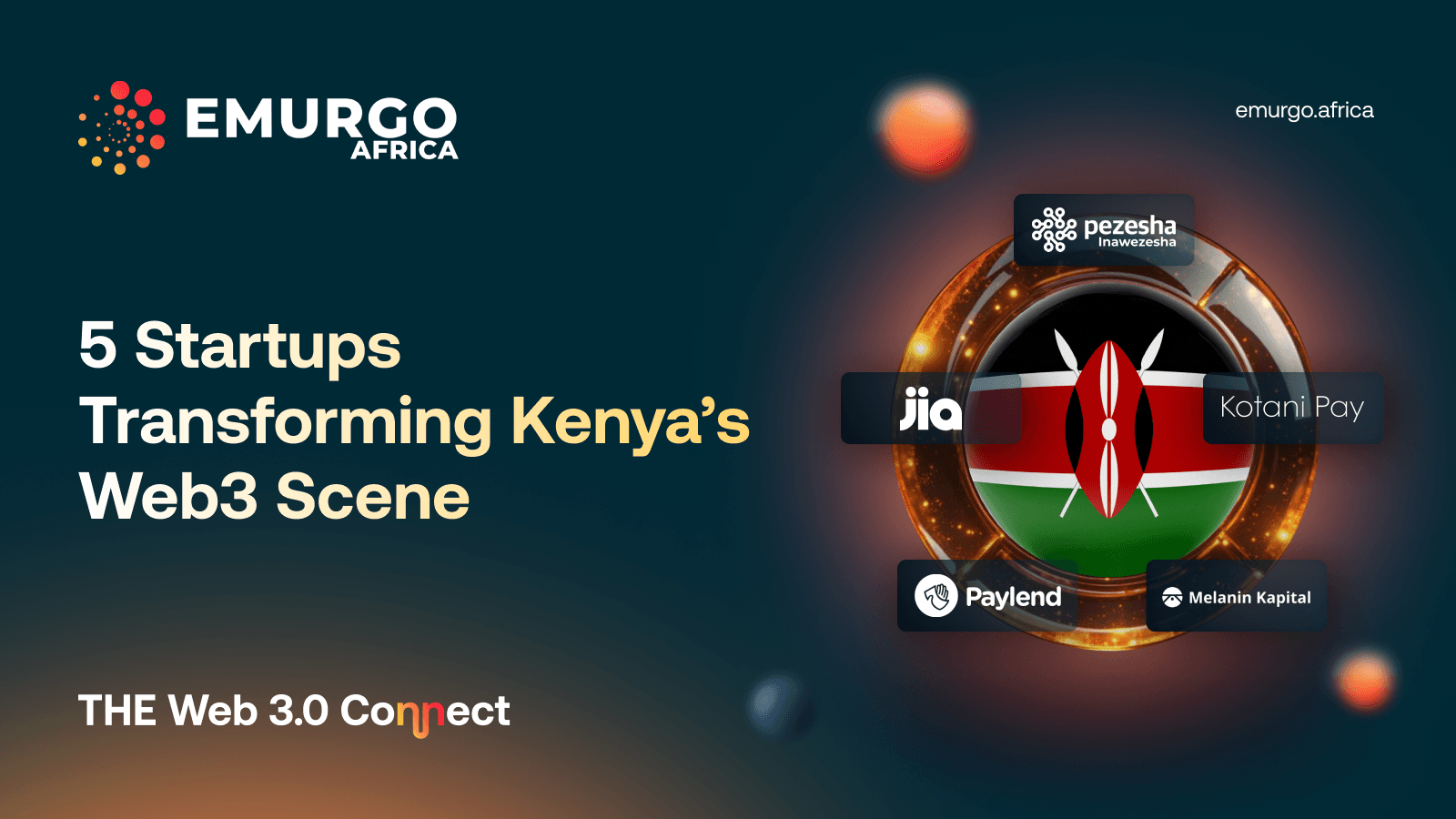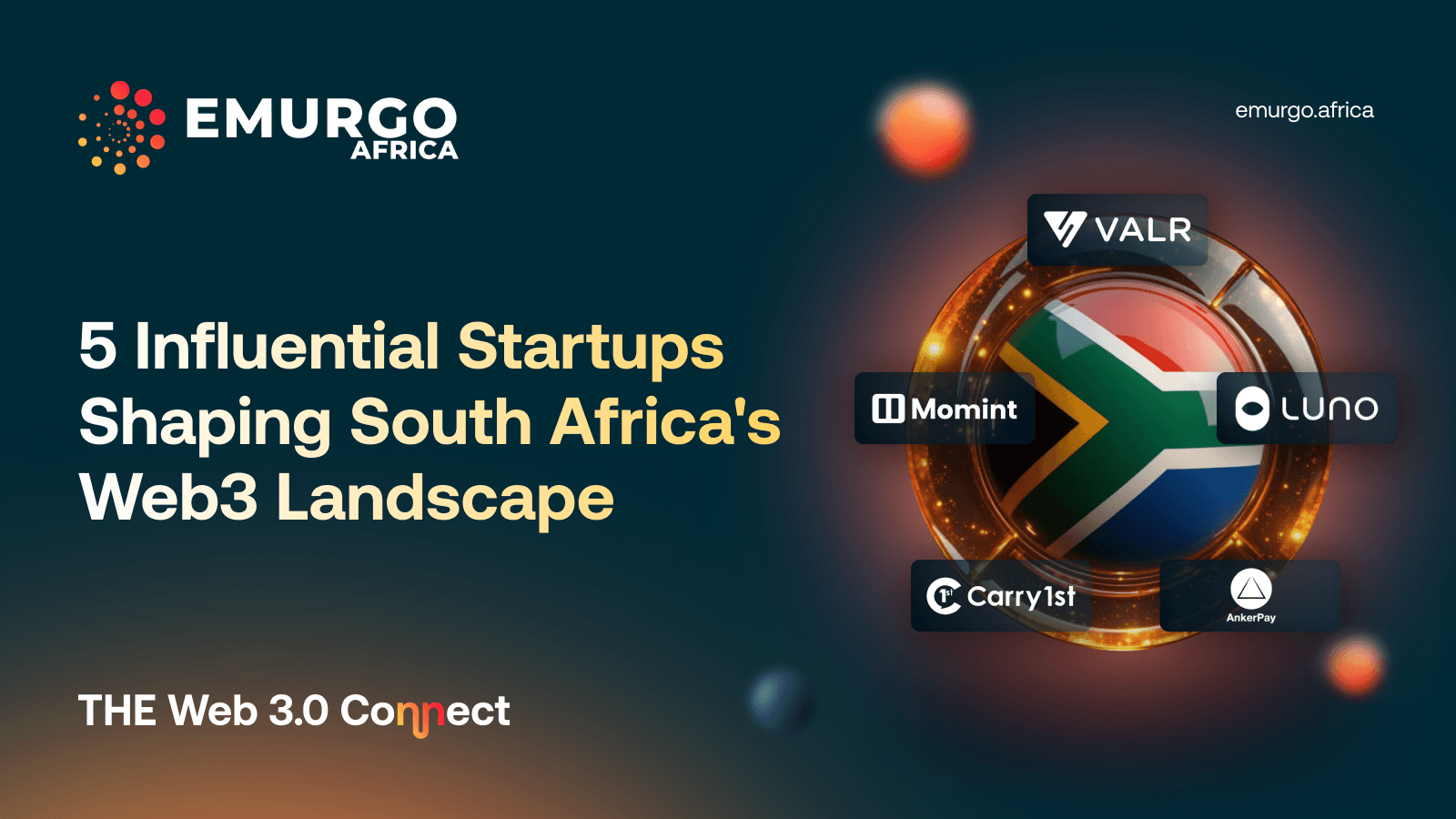Thank you for visiting our blog post! 🦚🌸
We had the honor of conversing with Lohan Spies, Founder & CEO of DIDx, to delve into the power of decentralized identity, especially the impacts and empowerments created by DID in low-income countries. 🎙️🪂
Blog posts related to this post:
・Download Full Report: Effect of Digital ID and Role of Decentralized ID (DID) in Africa
・Digital ID and DID Projects in Africa III: International Organizations and NPOs
・Interview: Exploring the Power of Decentralized ID with David Harding, General Manager of Atala PRISM at IOHK
Hope you enjoy reading the articles 😌🍎

Lohan Spies, the Founder & CEO of DIDx, a South African company specializing in self-sovereign identity (SSI), is a recognized thought leader in the field of decentralized identity with a strong connection to the African continent. DIDx serves as a founding steward of the Sovrin Network, and Lohan also plays a pivotal role as the technical lead for the Yoma Project, a UNICEF initiative leveraging SSI to empower African youth in their pursuit of learning, earning, and making a meaningful impact.
Mayuko: Could you explain the advantages of decentralized ID over traditional Digital ID? What are the unique aspects that decentralized identity offers?
Lohan: Digital ID, in many cases, operates under centralized control, limiting its global applicability, and making it specific to certain geographical and contextual environments. When we talk about decentralized identity, it goes beyond merely owning your data; it's more about control. In the future, decentralized identity data might reside in various locations, including your phone and the cloud. The significant advantage here is that you have control over your data and can decide with whom you share it.
It holds global applicability and can adapt to a multitude of use cases, with you, the user, at the center of every interaction. enables a level of empowerment not achievable with traditional Digital ID systems.
Mayuko: Could you share why you started focusing on Africa for decentralized identity initiatives?
Lohan: My involvement in the Yoma Project in South Africa, where we embraced SSI, sparked my passion for decentralized identity's application in Africa. I firmly believe that Africa is one of the regions where decentralized identity is most needed. In 1st world countries decentralized identity enhances existing systems and improves security. In Africa, it serves a different purpose.
Many African countries lack foundational identity systems, face low technical literacy rates, and have limited access to smartphones and data. Decentralized identity can be a catalyst for substantial economic growth in Africa, bringing people into the digital ecosystem and addressing various challenges. Financial inclusion is fostered and facilitated by establishing foundational digital identities; something especially critical in regions where existing systems tend to be exclusive.
In essence, decentralized identity has the potential to address significant problems in Africa more effectively than in developed nations.

Photo: Embu town, Kenya, taken by author
Mayuko: Considering that many people in low-income and rural areas, especially in African countries, don't have smartphones, how does DIDx address the challenge of including these individuals in decentralized identity systems? Is there a technical solution?
Lohan: Absolutely, we've been mindful of this challenge, especially in Africa, where we started with the Yoma project. To ensure inclusivity, we adopted a custodial model, which involves a multi-tenant cloud-based wallet infrastructure. This approach allows us to serve nearly everyone, as long as there's a means for them to connect with this cloud wallet.
For individuals without smartphones, we've explored various options. They can interact with the wallet through SMS or USSD, bringing feature phone users into the ecosystem and ensuring their participation. This way, we bridge the gap and include people who would otherwise be excluded from the true SSI approach.
Additionally, we've contemplated an agent-based model, which could be particularly effective in rural communities. In this model, an individual with the necessary capabilities can act as an agent for others, thereby facilitating their interaction with the system. By allowing users to engage through these agents, the participants benefit from greater access to data and a mobile app, which in turn grows the ecosystem.
The offering of the custodial or cloud wallet, together with the agent model, can effectively serve marginalized communities. Furthermore, there are alternative methods, such as providing smart cards with Near Field Communication (NFC) capabilities that can also expand accessibility. Our aim is to ensure that decentralized identity is as inclusive as possible, even in areas with limited technological resources.
Mayuko: Could you tell us how decentralized identity can be applied to a cooperative savings group, which we call chama in Kenya, and what services are available or upcoming in this context?
Lohan: Chama in Kenya, or stokvel as we call it in South Africa, is quite prevalent, with billions of rands circulating within these informal savings communities. While some manage these groups with pen and paper, others use more technologically advanced methods provided by banks. Decentralized identities (DIDs) can play a significant role in the chama concept.
DIDs can help identify participants, track payments, and facilitate lending within a group. For instance, in South Africa, not having a bank account or credit history can hinder access to credit. By using DIDs, participants could potentially receive a credential indicating their savings capability, making them eligible for microcredit facilities, without having to withdraw money from the chama.
Another use case is in areas that lack credit bureaus. DIDs can enable marginalized individuals to accumulate verifiable receipts from retail shopping, which can be transformed into an alternative credit score, granting them access to microcredit facilities and enabling formal economic participation.
This technology also offers a promising use case for improving the voting process within informal communities like chama. Voting is a complex process, but DIDs can ensure that each identity casts only one vote, recording who voted, and who they voted for.

Photo: Market in Meru, Kenya, taken by author
Mayuko: What's the current status of decentralized ID usage in Africa, particularly in sectors like finance, education, and healthcare?
Lohan: There are some decentralized ID projects in Africa, like the Red Cross in Kenya, which uses decentralized identity to facilitate subsidy distribution. Various start-ups are beginning to discover the utility of this technology. Governments are aware of decentralized identity, but public sector endorsement towards widespread use takes time. In South Africa, we're working on a national digital identity initiative, leveraging decentralized identities to reduce fraud and improve onboarding & service access. Most African countries are exploring e-government capabilities, and the Gates Foundation recognizes decentralized identity as a fundamental requirement for these initiatives to scale.
Mayuko: Are public or private blockchains typically used in these projects? Can privacy, security, and decentralization all be fully achieved in decentralized identity technology, or is there a need for compromise?
Lohan: It's a mix of both. In the Yoma Project, we use Hyperledger Indy, a public permissioned blockchain. We are also considering public permissionless blockchains for token ecosystems. Privacy, security, and decentralization in decentralized identity (DIDs) depends on the use case. For marginalized communities, some decentralization compromise may be needed, but privacy and security can be maintained. True SSI can be fully decentralized, private, and secure, but with possible compromises in communities without smartphones.
Mayuko: Can decentralized identity be monetized, or is government funding the primary source for implementation in African nations?
Lohan: In my opinion, decentralized identity technology is on the path to becoming ubiquitous. We are seeing it being integrated into everyday devices like Apple and Google products. There are some emerging models, like Cheqd, which has a built-in monetization layer. In the short term I think one can expect some monetization through infrastructure, but ultimately we foresee the primary monetization of this technology revolving around value-added services. Monetizing decentralized identity is an area that still requires a lot of refinement and exploration, due to the unique nature of decentralized technologies and their emphasis on privacy, security, and decentralization.
Mayuko: Thank you very much for the very exciting talk!
Thank you very much for reading this post👑🧸
For downloading the full report, visit this page.
Follow EMURGO Africa for more information

EMURGO Africa invests and supports local Web3 projects in the region to adopt Cardano’s decentralized blockchain technology to build socially impactful solutions.
As a regional entity of EMURGO, the official commercial arm of Cardano, EMURGO Africa also runs a local Cardano accelerator in Africa, Adaverse, which accepts applications year-round.
For more up-to-date information on EMURGO Africa, follow the official channels listed below.
About EMURGO Africa
- Official Website: emurgo.africa
- Twitter: @EmurgoAfrica
- Telegram: https://t.me/emurgoafrica



